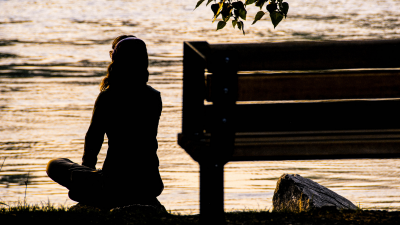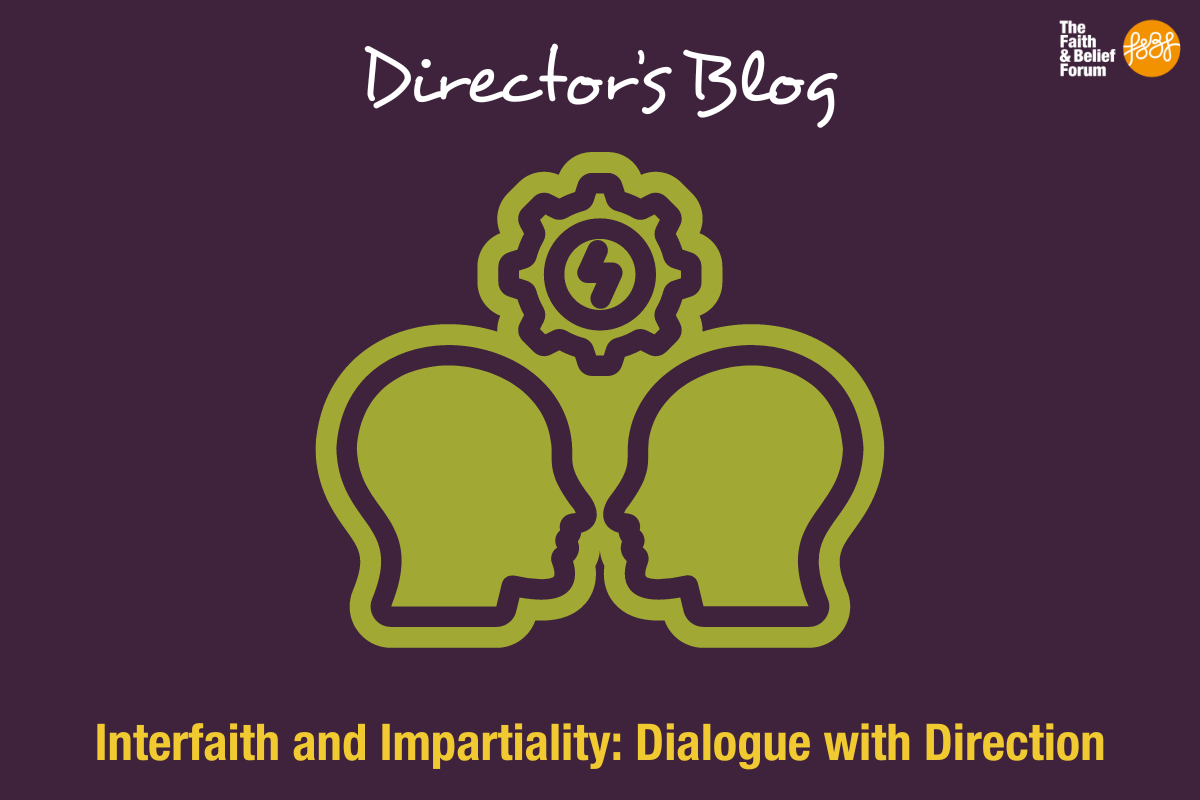
Challenging Faith Based Hate: True Stories
16 / 02 / 24
Menu

08 / 04 / 22

By Gina Dadaglo
How can there be peace in families, in societies, between individual people, if there is no peace first in peoples’ hearts?
– Father Jacques Philippe, “Searching for and Maintaining Peace”
We live in a moment in time when peace feels distant and impossible. Not only do we have to contend with the reality of wars around the globe, hostile politics at home and abroad, and the ongoing and reverberating effects of a pandemic, but thanks to the hyperconnectivity that has become normal for most of us, it is very difficult to “switch off” from the deluge of distressing andf rightening news. Many of us feel powerless to bring meaningful peace to the world. We don’t know where to begin, and even if we did, peacemaking efforts can seem futile when each time we turn on the news, scroll Twitter, or open the latest newsletter in our inbox, we learn of more death, destruction, and vitriol. The idea of peace seems naive, even laughable.
Although we might look to peacemaking heroes as sources of hope or inspiration, the reality is that the majority of people are not in a position to make big, historic changes for the better. What can ordinary people do to cultivate peace in the midst of ordinary lives? One of my spiritual heroes, Father Jacques Philippe, argues that the most important thing that any of us can do to foster peace is to look inward; to seek interior peace. We cannot expect to sow peace in our relationships, in our communities, and in our societies, if we don’t first experience peace within
ourselves.
This might sound like a cop out, but his perspective is very logical. For example, he encourages people to avoid dwelling on their own faults and wrongdoings; instead, we should acknowledge them, sincerely resolve to do better, and then move on. If we berate ourselves for our failures, we get stuck in negative cycles that don’t allow for growth or progress. If we can do this for ourselves, it becomes much easier to extend the same approach to others: to acknowledge wrongdoing, to ask for change, to offer forgiveness, to cultivate growth.
Father Jacques also emphasises the importance of acting from a place of tranquillity, rather than agitation. In agitation, we are unable to think clearly and rationally, and are inclined to act in haste and anxiety. He writes that “Acquiring and maintaining interior peace… should be considered a priority for everybody, above all for those who claim to want to do good for their neighbour. Otherwise, more often than not [we] simply communicate [our] own restlessness and distress.” We reap what we sow, and when we speak or act from agitation, we are simply sowing “our own restlessness and distress”. We cannot contribute to peace if we do not prioritise finding it first within ourselves.
But how do we cultivate interior peace? Father Jacques reminds us that it is always a work in progress, rather than a “once and done” goal. However, there are concrete things we can do to foster peace within, even when nothing about our lives feels peaceful.
In Catholic theology, we believe that our sins or wrongdoings have a negative impact not only on ourselves or the people directly harmed, but that they also “frustrate the common good”; we don’t just hurt ourselves, but the wider human family, when we do wrong either by action or inaction. However, the flip side of this is that the same is true when we do good. Each time we choose a kind word instead of a sharp one, to put others before ourselves, to think the best of others instead of making judgments or assumptions, then we are contributing to the good of humanity. Most of us will not find ourselves in positions that allow us to make great, heroic acts of peacemaking, but we can all cultivate peace within ourselves. When we find greater interior peace, not only will we feel better in ourselves, but we will be more able to act in favour of the good of all.
About the author: Gina Dadaglo studied MA Religion, Culture and Society at Leiden University and MA Media, Campaigning and Social Change at the University of Westminster. She believes that religion can be harnessed as a significant force for social change when properly understood and engaged, and enjoys writing about this as well as other religion-based topics.

16 / 02 / 24

15 / 02 / 24

16 / 01 / 24